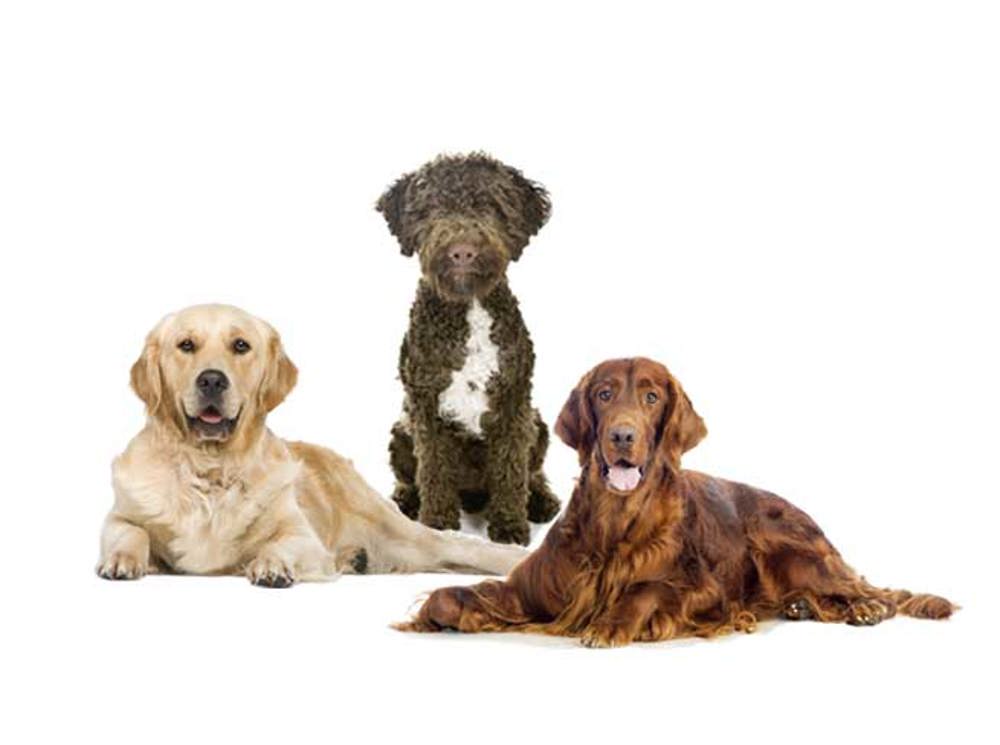Parentage Verification

Our parentage verification service offer a simple and cost-effective way to accurately determine the parentage of a dog or litter. If you’re unsure about the parentage of your dog or litter, particularly with multiple sire matings, our parentage verification service will provide the information you need.
Further information
What is parentage verification?
Our parentage verification service offer a simple and cost-effective way to accurately determine the parentage of a dog or litter. If you’re unsure about the parentage of your dog or litter, particularly with multiple sire matings, our parentage verification service will provide the information you need.
How does it work?
Complete our order request form to receive a quote tailored to your needs. If you decide to proceed, we’ll send you a sample collection kit with a cheek swab for every dog involved in your case. All you need to do is collect a DNA sample from each dog and return them using the pre-paid envelope provided. We’ll do the rest and will keep you updated along the way.
When will I get the result?
You’ll receive a certificate to confirm the outcome as soon as the results are in. If any of the dogs did not previously have a SNP DNA profile, you’ll also receive a certificate confirming that the dog has been DNA profiled, and a hard copy of the profile will be posted to you shortly after. It’ll also be stored on The Kennel Club’s database for continuous access, should you want to use it at a later date.
Turnaround times are dependent on variable factors but we aim to return results within 1-3 weeks of receiving the samples. Sometimes the laboratory must re-run a sample. This is called a retest and in these cases, the turnaround time is inevitably extended, but we’ll keep you updated and let you know if we expect any delays.
How do I collect DNA from my dog?
Collecting a sample of DNA from your dog couldn’t be simpler. We’ll send you two small brushes, known as mouth/buccal swabs, which you can use to gently rub the inside of your dog’s cheek, causing loose cheek cells to stick to the bristles. This is completely painless for your dog and the entire process only takes a few minutes. The swab then needs to be returned to the laboratory, where the cheek cells will be broken open and the DNA will be analysed.
How old should the dogs be?
There are no age requirements - a dog’s DNA stays the same throughout its entire life.
When collecting samples from young puppies, we recommend removing them from their mother an hour before collecting the sample to avoid cross-contamination.
Where can I find out more about canine genetics?
For more information about our DNA testing service, please contact our health team.
Delivery
- Free delivery, including VAT, postage and packaging
- Our shipping period is 3-5 working days (Royal Mail 2nd class)
